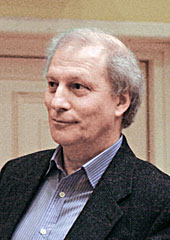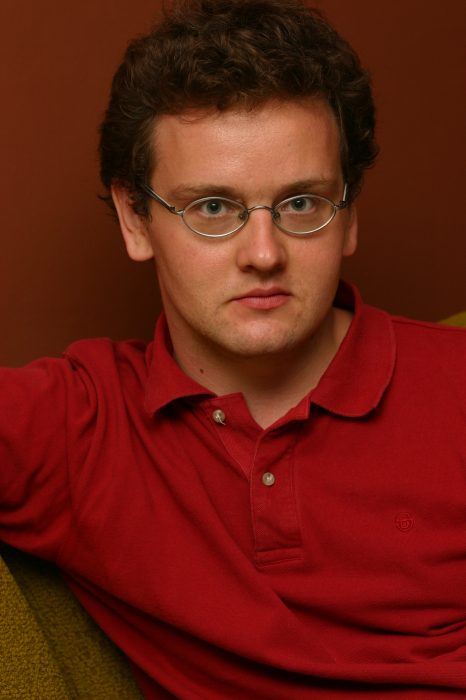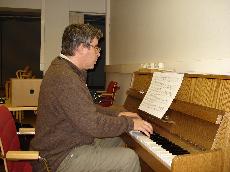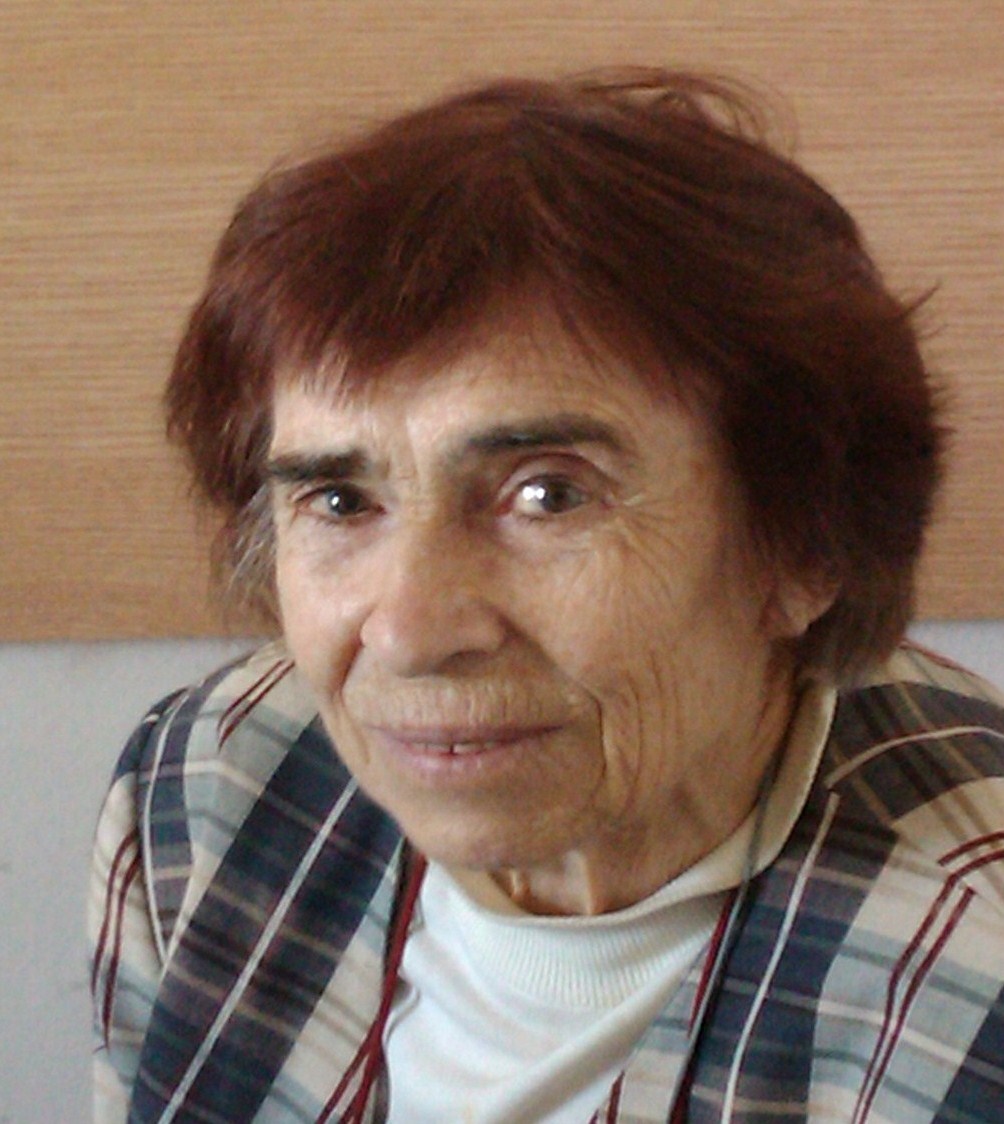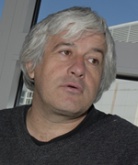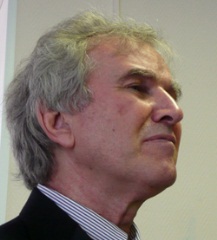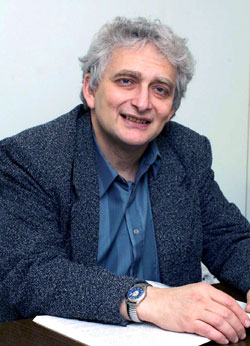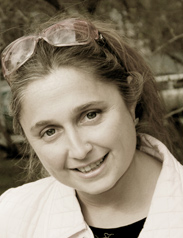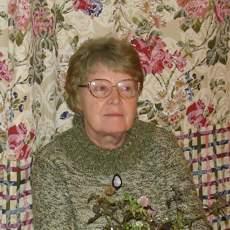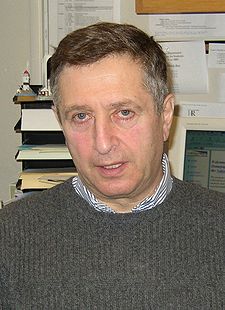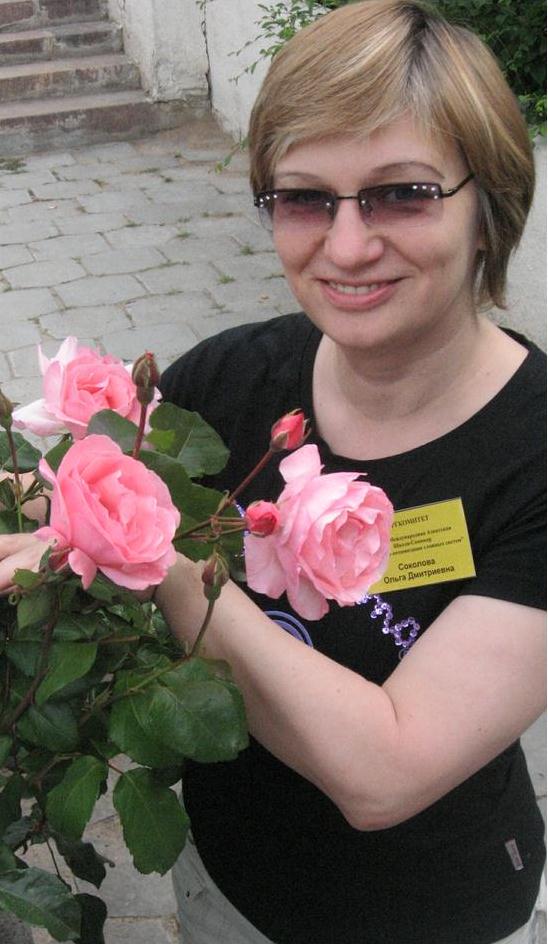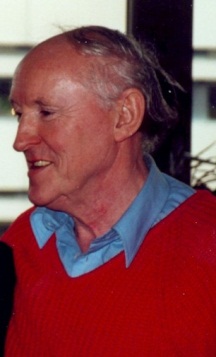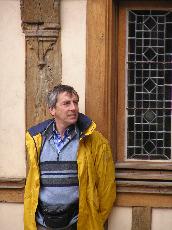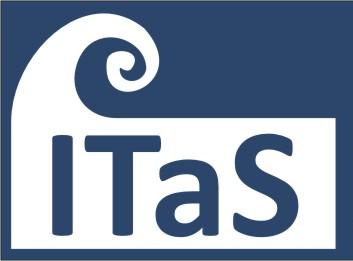The lion's share of bacteria in various environments cannot be cloned in the laboratory and thus cannot be sequenced using existing technologies. A major goal of single-cell genomics is to complement gene-centric metagenomic data with whole-genome assemblies of uncultivated organisms. Assembly of single-cell data is challenging because of highly non-uniform read coverage as well as elevated levels of sequencing errors and chimeric reads. We describe SPAdes, a new assembler for both single-cell and standard (multicell) assembly, and demonstrate that it improves on the recently released single cell assemblers (specialized for single-cell data) and on popular assemblers for multicell data. SPAdes generates single-cell assemblies, providing information about genomes of uncultivatable bacteria that vastly exceeds what may be obtained via traditional metagenomics studies. We describe applications of SPAdes to sequencing bacterial pathogen in a hospital environment and to assembling "dark matter of life" from TM6 candidate division.
This is a joint work with Anton Bankevich, Sergey Nurk, Dmitry Antipov, Alexey Gurevich, Mikhail Dvorkin, Alexander Kulikov, Valery Lesin, Sergey Nikolenko, Son Pham, Andrey Prjibelski, Alexey Pyshkin, Alexander Sirotkin, Nikolay Vyahhi, Glenn Tesler, and Max Alekseyev.
